‘Colombia of Europe’: How tiny Albania became the continent’s drug trafficking headquarters
'Albania is no longer a hub of cultivation. It’s become a centre of investment, distribution, and recruitment'
Your support helps us to tell the story
From reproductive rights to climate change to Big Tech, The Independent is on the ground when the story is developing. Whether it's investigating the financials of Elon Musk's pro-Trump PAC or producing our latest documentary, 'The A Word', which shines a light on the American women fighting for reproductive rights, we know how important it is to parse out the facts from the messaging.
At such a critical moment in US history, we need reporters on the ground. Your donation allows us to keep sending journalists to speak to both sides of the story.
The Independent is trusted by Americans across the entire political spectrum. And unlike many other quality news outlets, we choose not to lock Americans out of our reporting and analysis with paywalls. We believe quality journalism should be available to everyone, paid for by those who can afford it.
Your support makes all the difference.The white fishing boat with the green stripe bobs up in down in rough Adriatic waters. Sirens on, the joint Italian-Albanian coast guard zodiacs precariously sidle up alongside, demanding to be let aboard to search the boat’s interior for contraband. The boat operator, dressed in orange jumpsuit, shrugs and complies. Two more guys emerge from the hold.
Once, finding drugs bound for the rest of the Europe inside the boats trawling the sea was simple – just look for the huge bales of cannabis stashed in the cargo hold. But several years ago, the Albanian authorities launched an aggressive eradication effort in the countryside of the small, poor Balkan state, hoping that destroying the cannabis fields and arresting some of the growers would decrease the power of the traffickers, rid the country of its pariah status, and help ease its entry into the European Union.
Instead, it only convinced the traffickers to graduate into a more lucrative and deadly game. Now a million dollars’ worth of cocaine could be hidden in a small crevice or hidden compartment of a fishing boat. And traffickers now use the same networks they established to move vast amounts of bulky cannabis to distribute cocaine from Latin America and heroin from Central Asia via Italy to the rest of Europe.
Albanian gangs are considered among the world’s top heroin, cocaine and cannabis traffickers. Both US and European law enforcement officials have described Albania as the largest provider of cannabis to the EU, as well as an important transit point for heroin and cocaine. Based on the value of drug seizures, some estimate that the marijuana alone generates up to $4bn (£3bn) a year, half of Albania’s GDP.
“The Adriatic Sea is now a highway for drug trafficking,” says Xhemal Gjunkshi, an opposition member of the Albanian parliament and a former army officer.
The coast guard officials, who asked that their names not be published during a rare foray out to sea with journalists, say they must be careful. The traffickers are often armed with assault rifles, though they have yet to use them against the coast guard.
“The years 2015 to 2016 were terrible,” says a ranking coast guard official. “It was Colombia.”
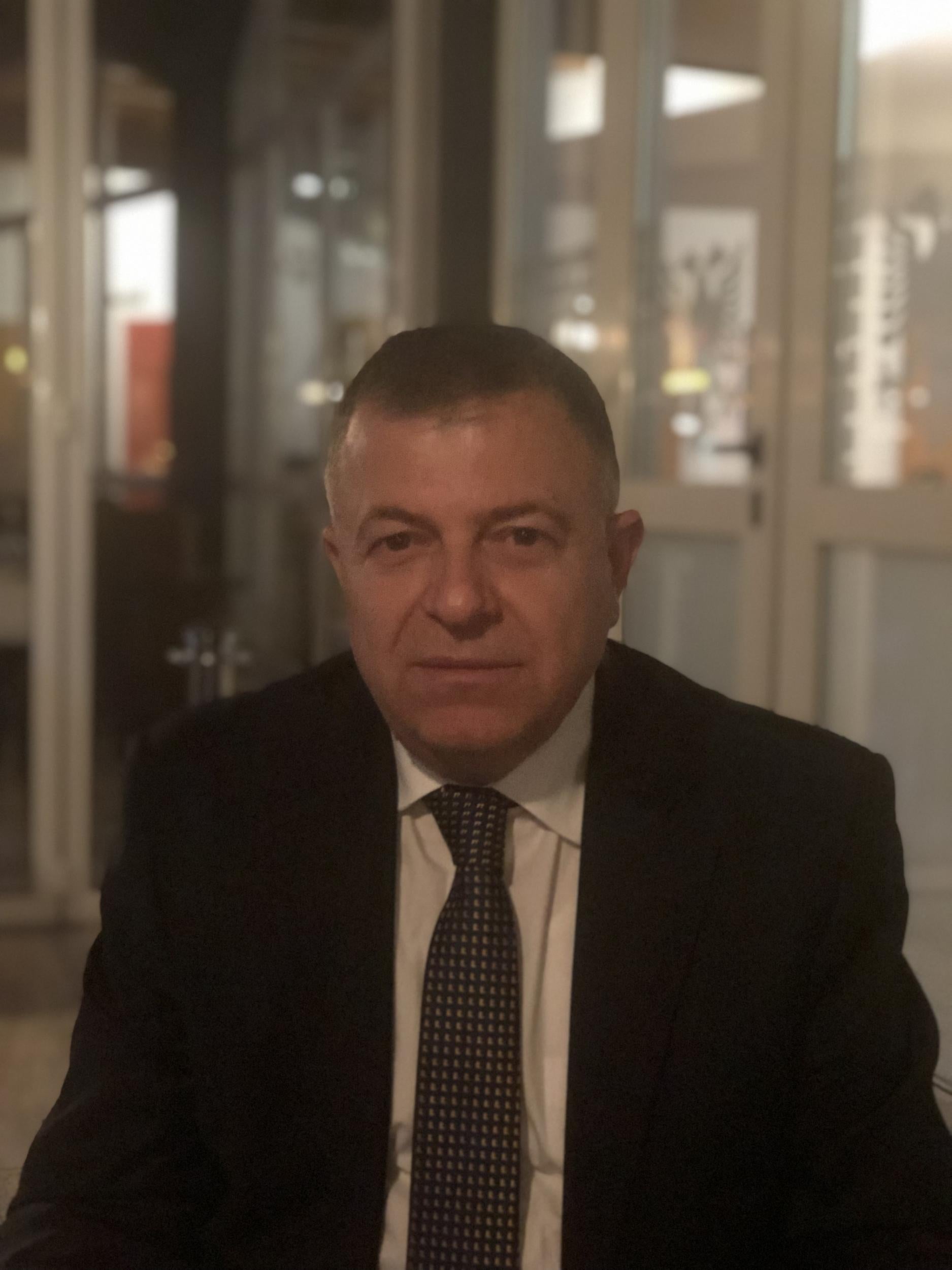
The white fishing boat with the green stripe is searched, and allowed to go on its way.
Occasionally, the coast guard – often collaborating with the EU’s Frontex border patrol forces – gets lucky. Last January, it found 1.5 tonnes of cannabis beneath a tarp on a boat. In recent months, hundreds of kilogrammes of cocaine were discovered hidden in bananas imported from Colombia.
More often the drugs slip by. Albanian officials concede that they only intercept 10 per cent of drug shipments in and out of the country. One Western diplomat said the number was more like 5 per cent, leaving traffickers with enough wealth to buy up port authorities from Rotterdam to Izmir.
“The sophisticated trafficking groups have gotten so powerful that they have networks all over the world,” says Alfonc Rakaj, a Tirana-based researcher and consultant focused on Albania and the western Balkans.
It’s the drug producer and distributor of Europe. It is a narco-state, and they’d lose too much money getting out of trafficking to get into the EU
“They are very good at managing networks throughout the world – from Latin America to Western Europe. And it’s quite clear that all these gangs operate with a certain level of political and police protection and support.”
In just a few years, say diplomats and officials, Albania has become the narcotics trafficking headquarters of the continent, and many fear the money has thoroughly infected the political elite, making it harder to shake off even with the lure of EU membership.
“It’s the Colombia of Europe,” said one Western diplomat. “It’s the drug producer and distributor of Europe. It is a narco-state, and they’d lose too much money getting out of trafficking to get into the EU.”
The drug trade is etched into the very skylines of the country’s main cities, including the capital, Tirana, and the port cities of Durres and Vlora. On paper Albania has one of the poorest economies in Europe, with a miserly banking sector tight with credit.
On the ground, Albanian cities are undergoing a massive construction boom with gleaming office and residential towers and shopping centres rising, with fancy new retail outlets.
Young beefy guys driving around town in late-model Humvees playing Albanian and American gangster rap. One of the biggest hits in Albania in recent years became a song called “Cocaina”, which likens a beautiful woman to quality blow.
“Albania is no longer a hub of cultivation,” said one EU official. “It’s become a centre of investment, distribution, and recruitment.
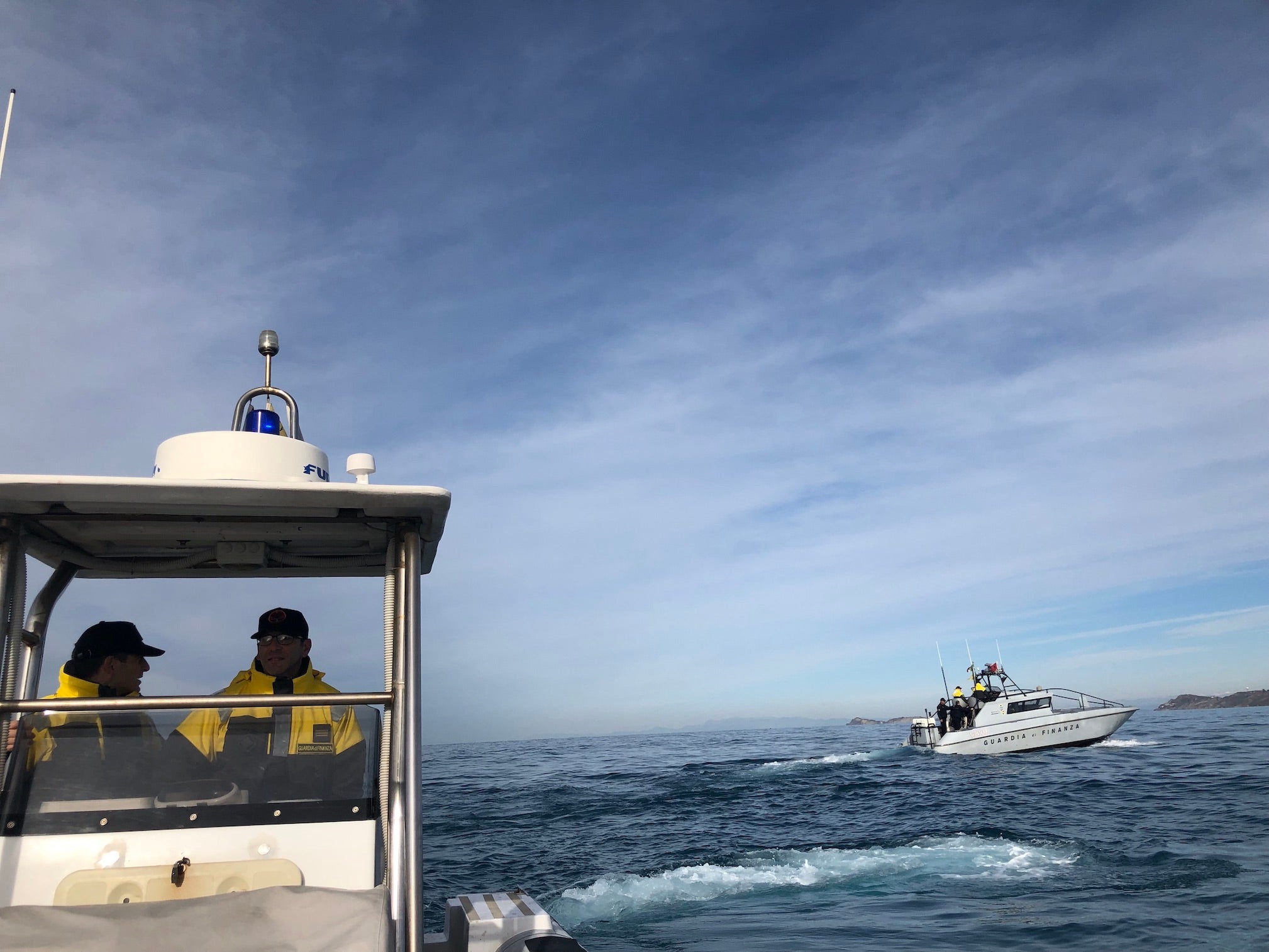
They called him “il Padrino” or “burned face,” for the distinctive scars he had on his left cheek. For years, Edison Harizaj was the leader of the Vlora cannabis trafficking network, a man who got to the top by driving out rivals using violence and intimidation, but also by bribing local police and officials to hit his enemies’ safe houses and storage facilities while leaving his gang’s alone.
When officials refused to comply, he allegedly had little compunction about retaliating. He was under investigation for the murder of a judge in 2011 over a property dispute.
But Mr Harizaj’s s rivals didn’t fare so poorly either. Driven out of Vlora, a city beloved by traffickers for its proximity to Italy’s coastline, they wound up moving their operations to Belgium, Netherlands, and the UK, and shifted earlier into the more lucrative business of cocaine and heroin. They amassed vast fortunes, built up ties with Italian and Latin American counterparts, and then, beginning about a year ago, moved in on Mr Haziraj.
Over the course of a year, some 23 people connected to the drug trade disappeared, part of what Artan Hoxha, an Albanian investigative journalist, calls increasing competition between rival Albanian drug gangs and networks.
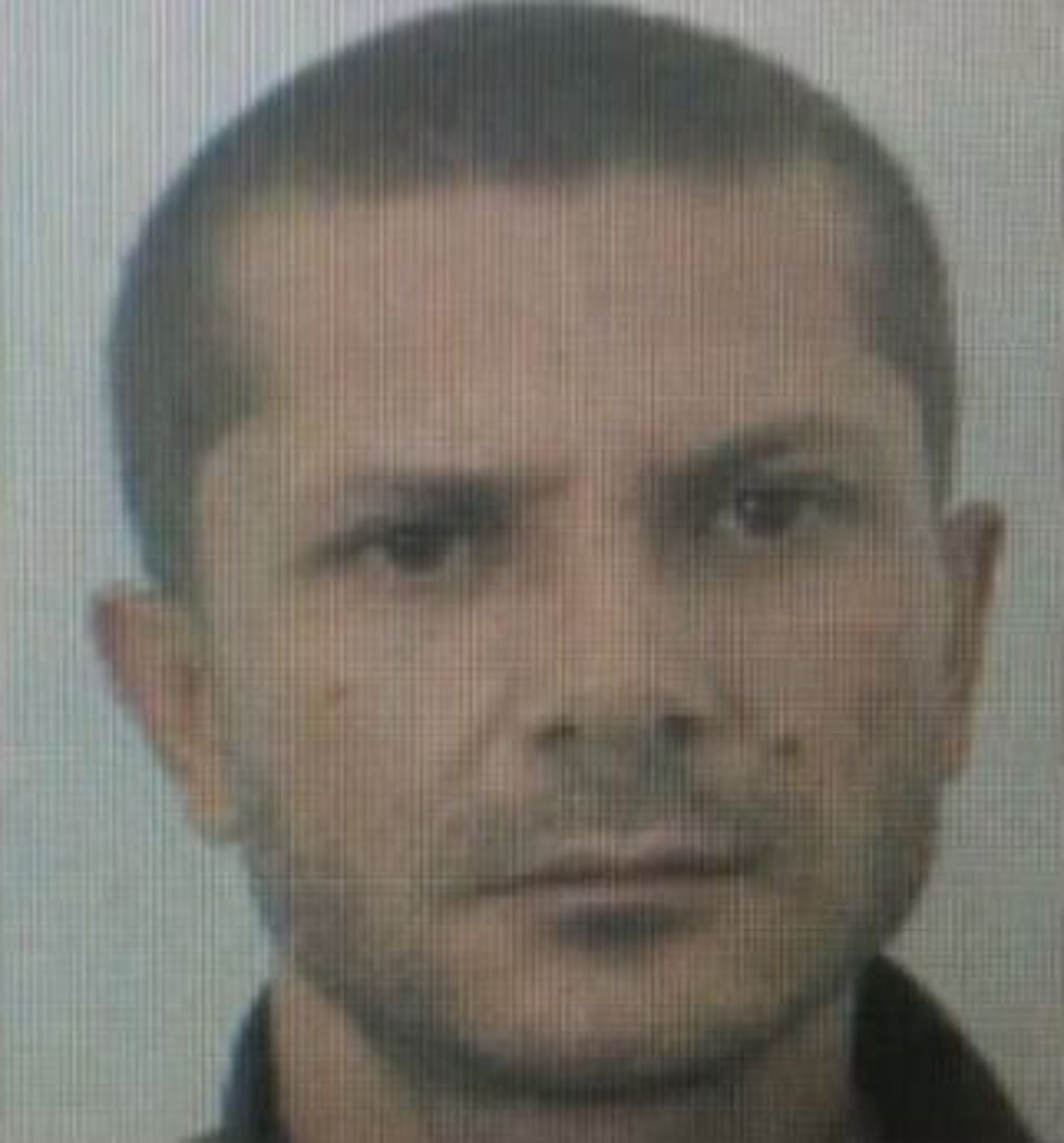
Albania’s traffickers have so far kept a low profile, preferring to keep out of the limelight. Thus far few if any civilians have been caught up in their drug wars. But they are not above menacing those who shine attention on their trade.
In December, Mr Hoxha was on a television show displaying images of a suspect meant to be under house arrest on drug charges, but actually going about his business. While discussing the story on air, he received a phone call from an anonymous man. It was a death threat.
“I receive them daily,” Mr Hoxha says.
The increasing violence has also scared some traffickers away from the business. Last summer, one trafficker, Gazmend Merkaj, discovered a remotely detonated bomb attached to his car. Realising he was being targeted for assassination, he turned himself over to the police rather than risk the wrath of his rivals.
In jail, he was nearly killed by another prisoner allegedly hired to murder him in a knife attack. He’s now being held in a prison hospital in Tirana, away from other inmates, and according to Mr Hoxha, singing like a bird to prosecutors.
Mr Harizaj, the drug kingpin nicknamed “Il Padrino”, was not so lucky. On 7 November last year, he was killed in a hail of gunfire on the road between Tirana and Durres. He was 39, and most likely the victim of the same traffickers he and his comrades pushed out of Albania some years ago.
“They came back to kill the king.” says Mr Hoxha. “It’s not like Ciudad Juarez or Tijuana. But the battle that has begun is over control of the Vlora area, and it has gotten more violent.”
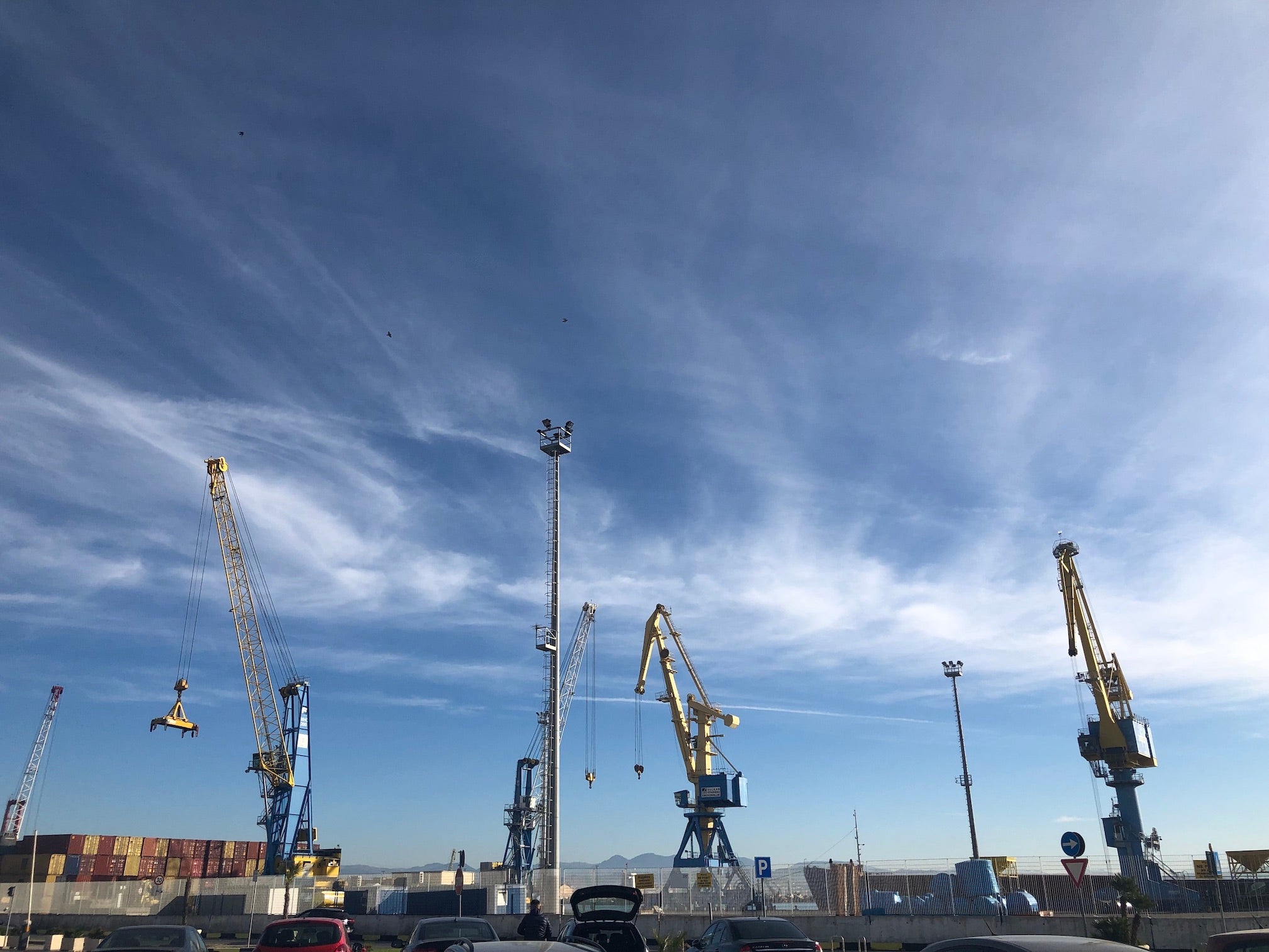
Albania has been a centre of the drug trade since the late 1990s when the war in the former Yugoslavia moved the trafficking of drugs, stolen cars and even people further south. “Albanians became the specialists of moving drugs and people to the rest of Europe,” says Mr Hoxha.
The 1990s also coincided with rise of organised crime. Gangs looted weapons from armouries in the chaos of a 1997 uprising over a failed financial institution. That civil conflict that left 2,000 people dead and was quelled only with the aid of 7,000 UN peacekeepers. Amid the chaos, so-called “no-go” areas began to gel, taken over by armed drug traffickers bound together by clan ties.
“We have to fight very bad images from the past,” says Romina Kuko, deputy minister of the interior.
Over the past few years, Albania has embarked on a massive effort to eradicate cannabis growth, raiding several towns. Lazarat was one such no-go area. Aerial surveillance estimates suggested the region was producing $4.5bn worth of cannabis a year.
In 2015, police moved in and dismantled the drug operations, pushing burning crops and arresting 15 alleged traffickers in three days of gun battles that left at least one person killed.
“There was actual war,” says Ms Kuko.
Between 2011 and 2016, Albania destroyed 2.5m marijuana plants and 5,200 fields, according to government figures.
But just as burning the cannabis fields of Mexico pushed the cartels toward the more profitable and high-stakes cocaine and heroin trades, Albania’s traffickers also evolved.
Instead of taking chances by cultivating cannabis out in the open, traffickers turned Albannia into a narcotics transit hub. Heroin is smuggled into Albania via clothing and shoe imports brought in from Turkey, one of the world’s largest textile exporters. Cocaine comes in shipments of bananas and palm oil from Colombia. On 28 February 2018, authorities intercepted 613kg of cocaine disguised as a banana shipment. Mr Hoxha describes a “spike” in the number of Albanians killed in Latin American countries, especially Ecuador, when deals go sour.
The drugs are loaded on high-speed zodiac inflatable boats bound for the Italian coast from Vlora, Durres or even the neighbouring nation of Montenegro. In early December, Italy captured a 15m 300 horsepower boat carrying 1.5 tonnes of cannabis, a street value of more than £10m.
Traffickers have also taken to the air, with what some officials estimate as between five and 10 small plane loads of drugs heading across the Adriatic to Italy per day, using secret runways scratched out of mountain valleys, according to Mr Gjunkshi.
In recent years, much of the cannabis that continues to grow is bundled up and shipped back to Turkey, along the same networks used to bring heroin into the country.
Police launched an anti-narcotics task force in 2017, bringing in officials from the various ministries and the intelligence service. Ms Kuko says authorities have identified 41 Albanian-rooted drug networks. One, nicknamed the Bajri gang, had tentacles spreading to the Netherlands, Belgium and Spain, and was involved in blackmailing and money-laundering as well as trafficking.
Ms Kuko says authorities seized £34m from traffickers in 2018. But even she complains that their work in hunting down the traffickers often comes to naught, with criminals able to buy their way out of jail.
“Impunity is a plague in this country,” she says. “We’ve seen the results of active and non-active judges and prosecutors. I can find out anything, but I can’t do anything if a judge doesn’t give me a warrant.”
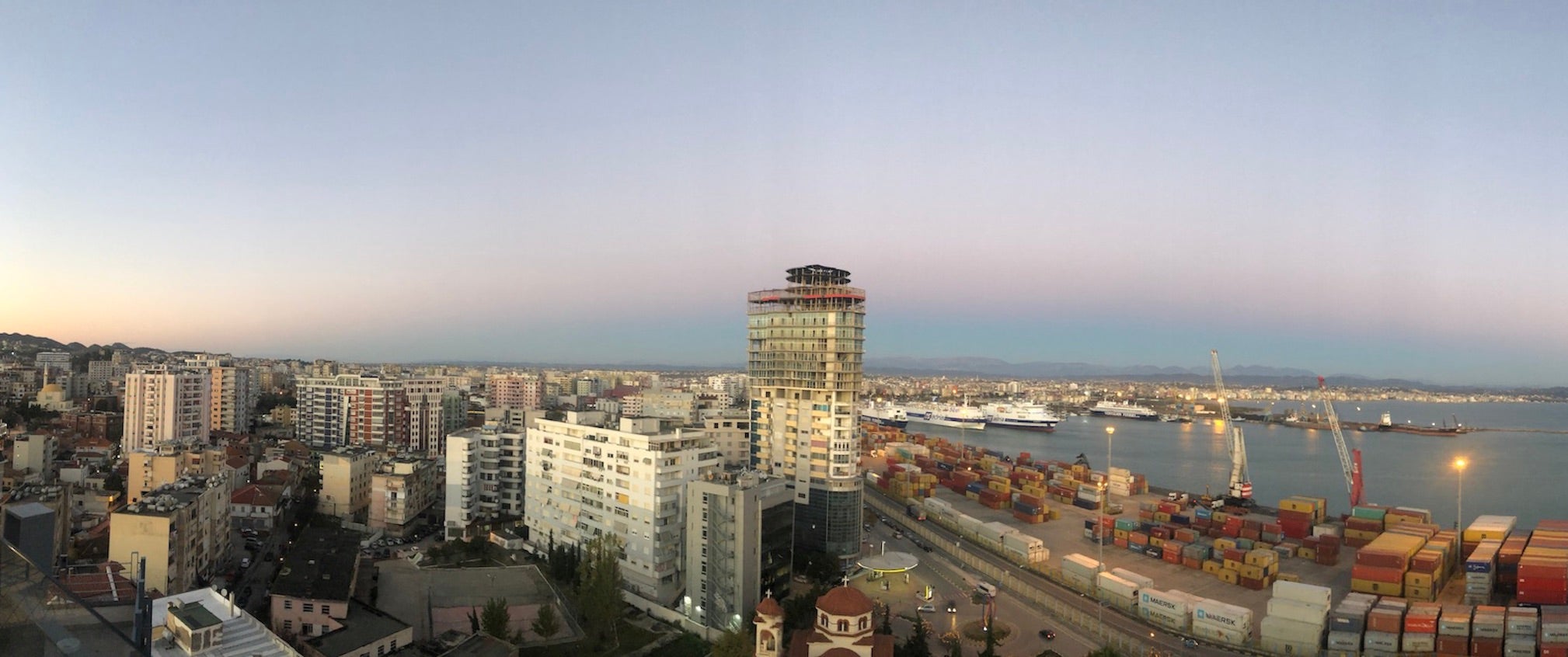
The leaked phone call transcripts were damning. Saimir Tarhi, Albania’s former interior minister, was mentioned by Italy-based traffickers of Albanian descent. Prosecutors wanted his head. But to the shock of many, the country’s Prime Minister Edi Rama stood by him, refusing to strip him of his immunity last year. He remains under house arrest pending trial.
While the government denies it, experts say the traffickers have thoroughly infected politics and commerce, at the deepest levels. Scores of high-level Albanian officials -- from mayors to ministers -- have been implicated in the drug trade, and perhaps enable it. Among those identified by local media is Kelmend Baili, a ranking transport official dubbed the “Escobar of the Balkans”, after allegations that he was a drug kingpin surfaced in Greece.
To give one example of possible collusion between traffickers and officials, a network of Lockheed-Martin radar has sensors been installed all along the coast. In theory it should help officials detect any seacraft longer than 3.5m. But in practice, 15m boats loaded with narcotics keep showing up in Italy.
Mr Gjunkshi says that in his constituency of Dibra, in Albania’s north, police are directly involved in the growing, cultivating, packaging, transport and selling of drugs.
“In terms of the influence the money has, it’s a very complex network of drug money just getting into everything, and influencing everything – all strata of society,” says researcher Mr Rakaj. “That includes money laundering, and party financing.”
After studying in the UK and US for some years, Mr Rakaj returned to Tirana 10 months ago and settled in the capital’s Blloku district. Once a barren security zone around the palace of former Communist dictator Enver Hoxha, it has over the past few years sprouted into a trendy, upmarket warren of pricey condos, retail outlets and eateries.
“You have people showing off with luxury cars and they are in their early 20s,” he says. “You can very easily discern that these people don’t have the background, education, or training to be able to have that sort of wealth in their hands. It comes with power. They’re really into that bling culture that’s in your face.”
Once impoverished fishing and port towns along the coast are teeming with hotels, restaurants and new apartment towers, with traffickers sometimes strong-arming local officials to win control of cherished plots of lands. The lure of the drug business appears to be irresistible to young people with few opportunities in a country with a GDP per capita that’s about the same as Cuba. Starting salaries for civil servants are around £300 per month.
“I think Albanians getting into drugs is very purely about getting money and getting rich quick,” says Mr Rakaj. “The country offers very little in terms of living a dignified life even if you’re hardworking. This is a sort of a shortcut to really break out of a poverty.”
Vincent Triest contributed to this report.

Join our commenting forum
Join thought-provoking conversations, follow other Independent readers and see their replies
Comments